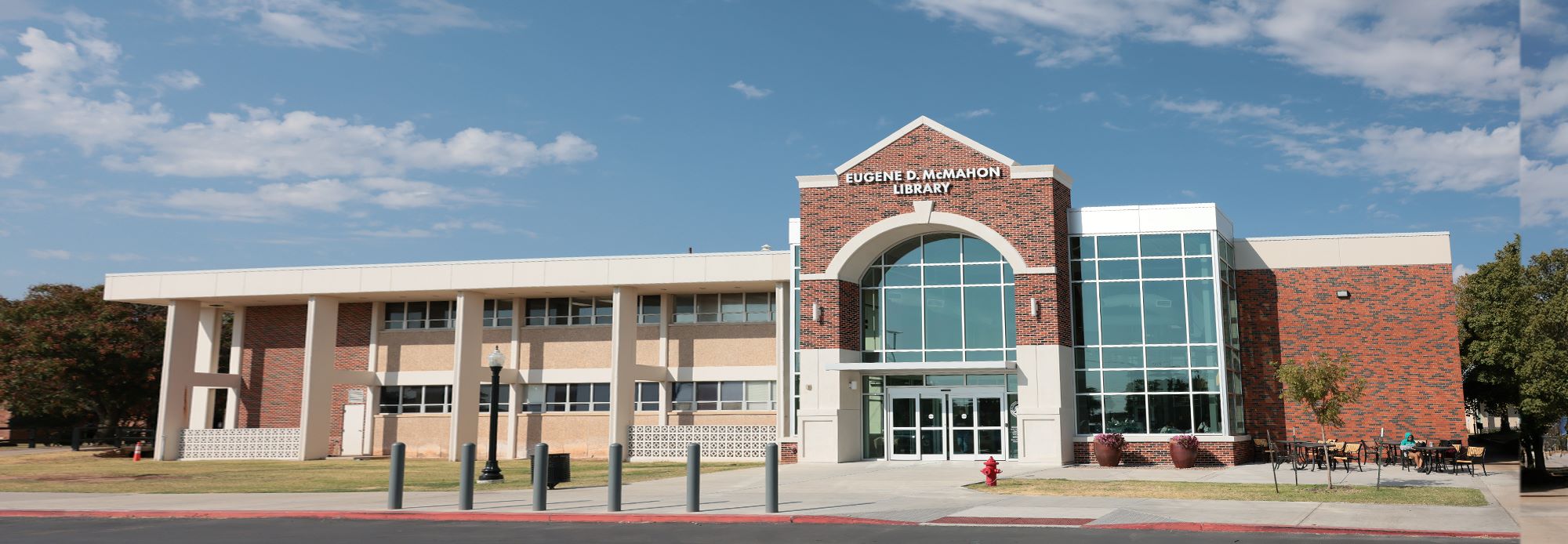CU Library Collection Development Policy
Introduction
This policy statement provides guidelines for the planned development of library resources to support the University’s mission and the library’s collection development objectives.
Objectives
The Cameron University Library is primarily an undergraduate library and has different educational goals and responsibilities than a major research institution. The Library provides, within its financial capabilities, materials designed to accomplish the following: support the University’s academic programs, provide materials needed by students and faculty members to complete basic research, and make available materials of general information for the University community’s cultural and independent study needs.
Responsibility for Collection Development
The University allocates funds that enable purchase of materials to support the library’s collection development objectives. The librarians are responsible for evaluating and purchasing materials in a variety of formats based on their alignment with the collection development objectives. Faculty, Staff, and students are encouraged to suggest purchases and subscriptions. All purchases are subject to budget constraints, and the Library has final say over purchasing decisions.
Criteria for Selection
Scope and content of materials are judged in relation to the demonstrated needs of the primary user groups in the University community using the following guidelines:
- Depth of the existing collection in the subject
- Quality of title and/or resource
- Cost-effectiveness
- Currency within context of the discipline
- Relevance to the objectives of the collection
- Availability of supporting infrastructure or technology
The Library recognizes its responsibility in having available a representative selection of materials on subjects which support the curriculum, including materials on controversial topics. In an endeavor to provide material which engages critical thinking skills about controversial subjects, the Library will provide materials representing a variety of conflicting viewpoints. It should be clearly understood and emphasized that the Library does not endorse all the opinions expressed in the materials selected.
Material Deselection (including deselection of electronic materials)
In order to maintain the currency and vitality of an appropriately sized undergraduate collection, Cameron University librarians engage in an ongoing process of deselection of library materials.
Deselection criteria include:
- Timeliness/Obsolescence - The Library considers withdrawing materials that contain dated or incorrect information, and superseded (earlier) editions.
- Unused Materials - The Library considers withdrawing materials that have not circulated in 10 years.
- Duplication - The Library may consider withdrawing materials with duplicate holdings, titles where sufficient coverage exists, or duplication in another format.
- Damaged Materials - The Library may consider withdrawing worn, mutilated, or badly marked items that are physically beyond repair.
- Missing Materials - The Library will withdraw materials declared lost or missing. A decision on replacing the item will be made before withdrawal is completed.
Gifts
The Library accepts gifts of either useful materials or funds, provided there are no restrictions attached. Materials must be in good condition, contain accurate information, and either relate to Cameron programs and course content or help meet community reading needs. Sufficient shelf space must be available to store material gifts. Any materials given to the Library become the property of the Library, and the Library always retains the right to dispose of duplicates and any other unneeded materials as it deems appropriate. Monetary gifts should be made to the Cameron University Foundation with the understanding that the gift is to be used for Library purchases. The Library cannot appraise gifts for tax or other purposes. Upon the request of the donor, a list of donated materials will be made for their records. The Library may assist by identifying appraisal sources for the use of the donor; however, this information does not constitute an appraisal.

